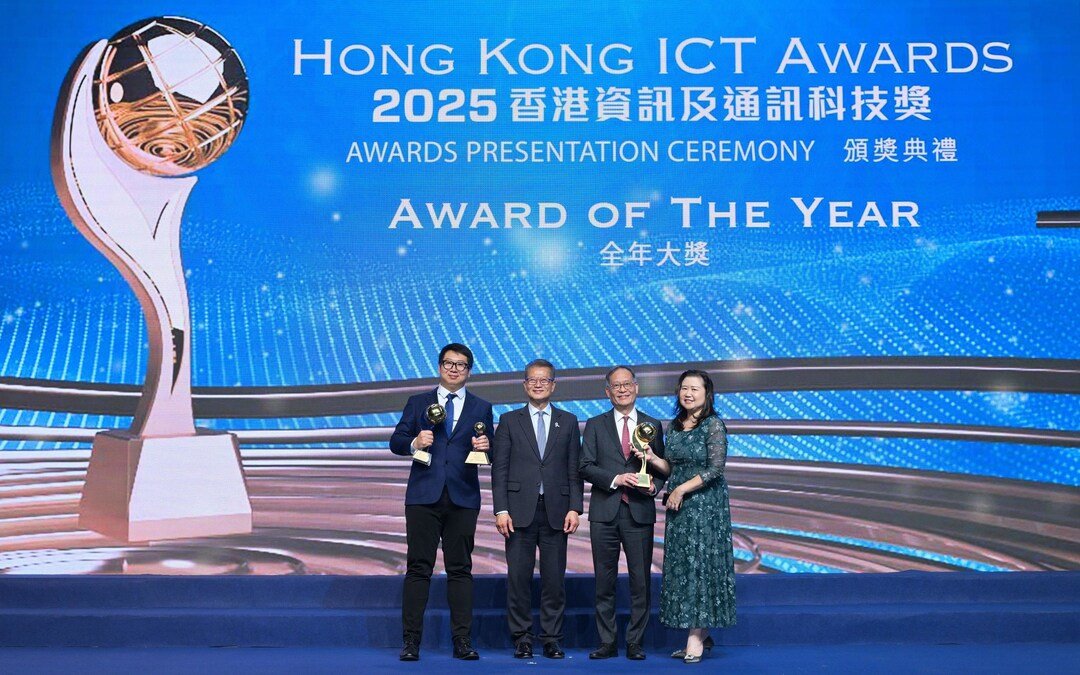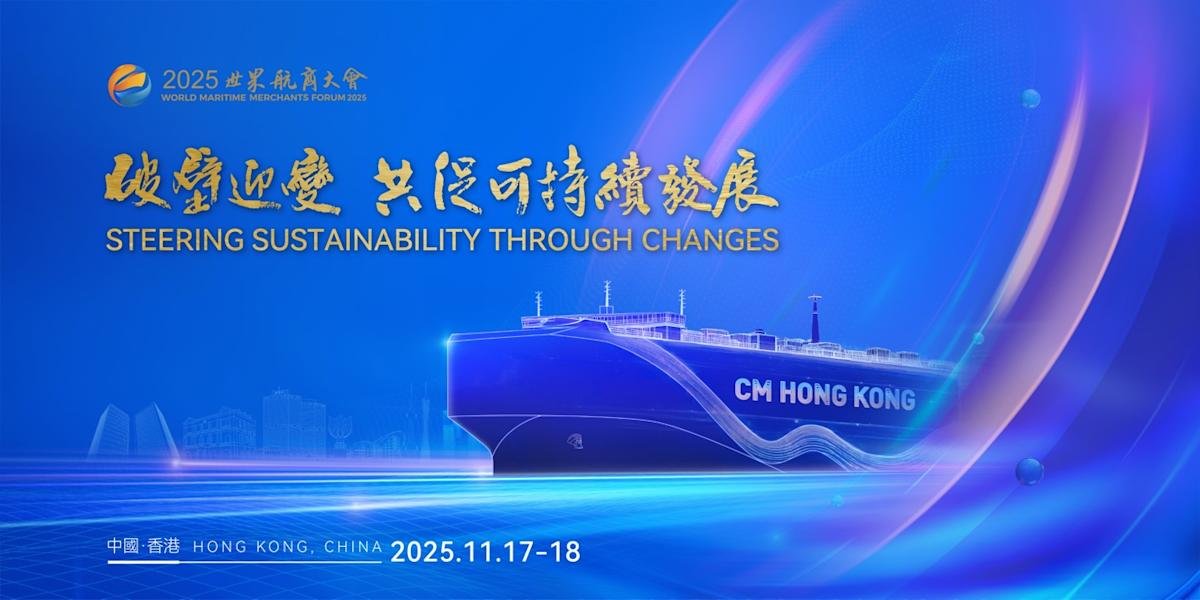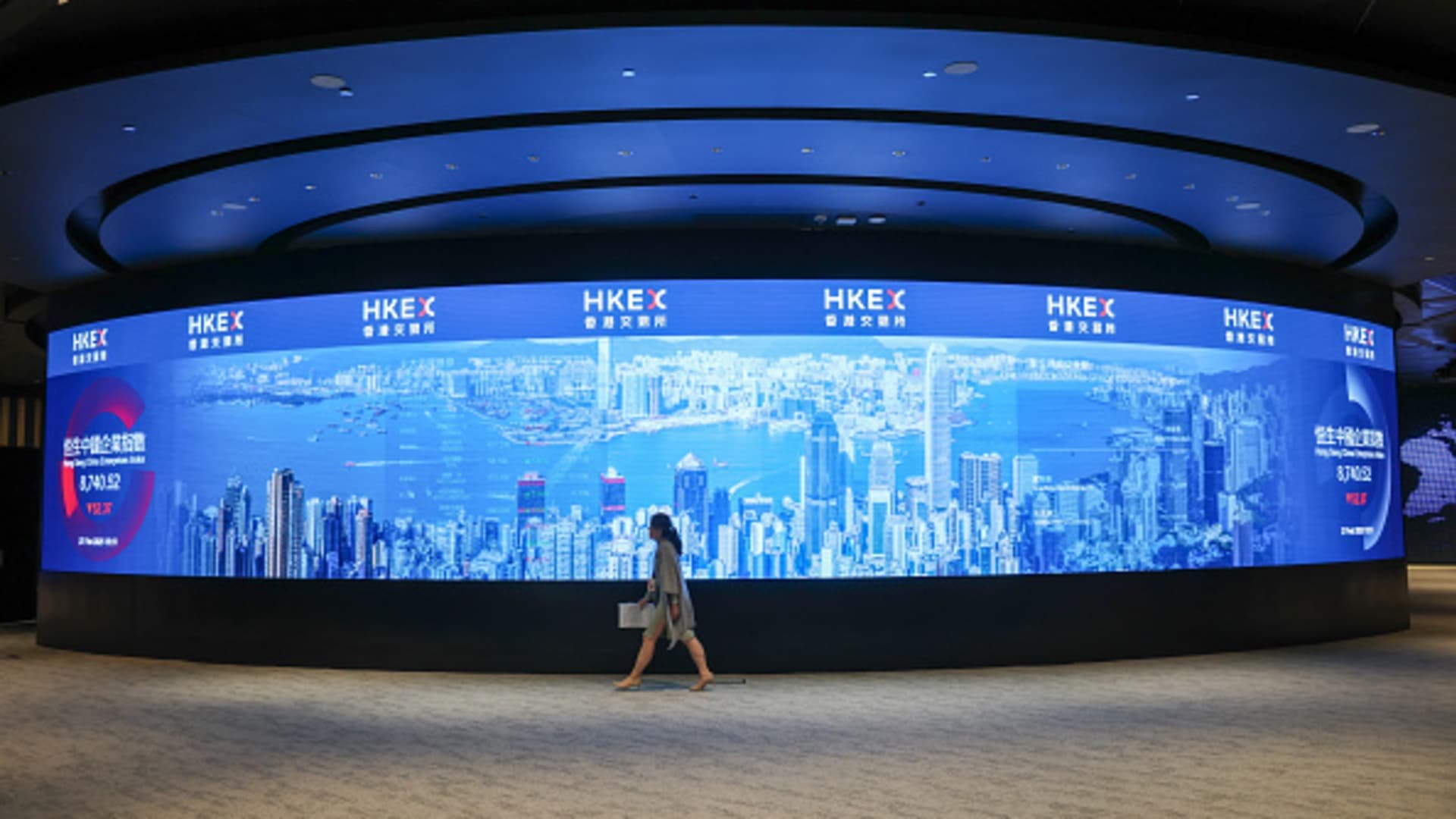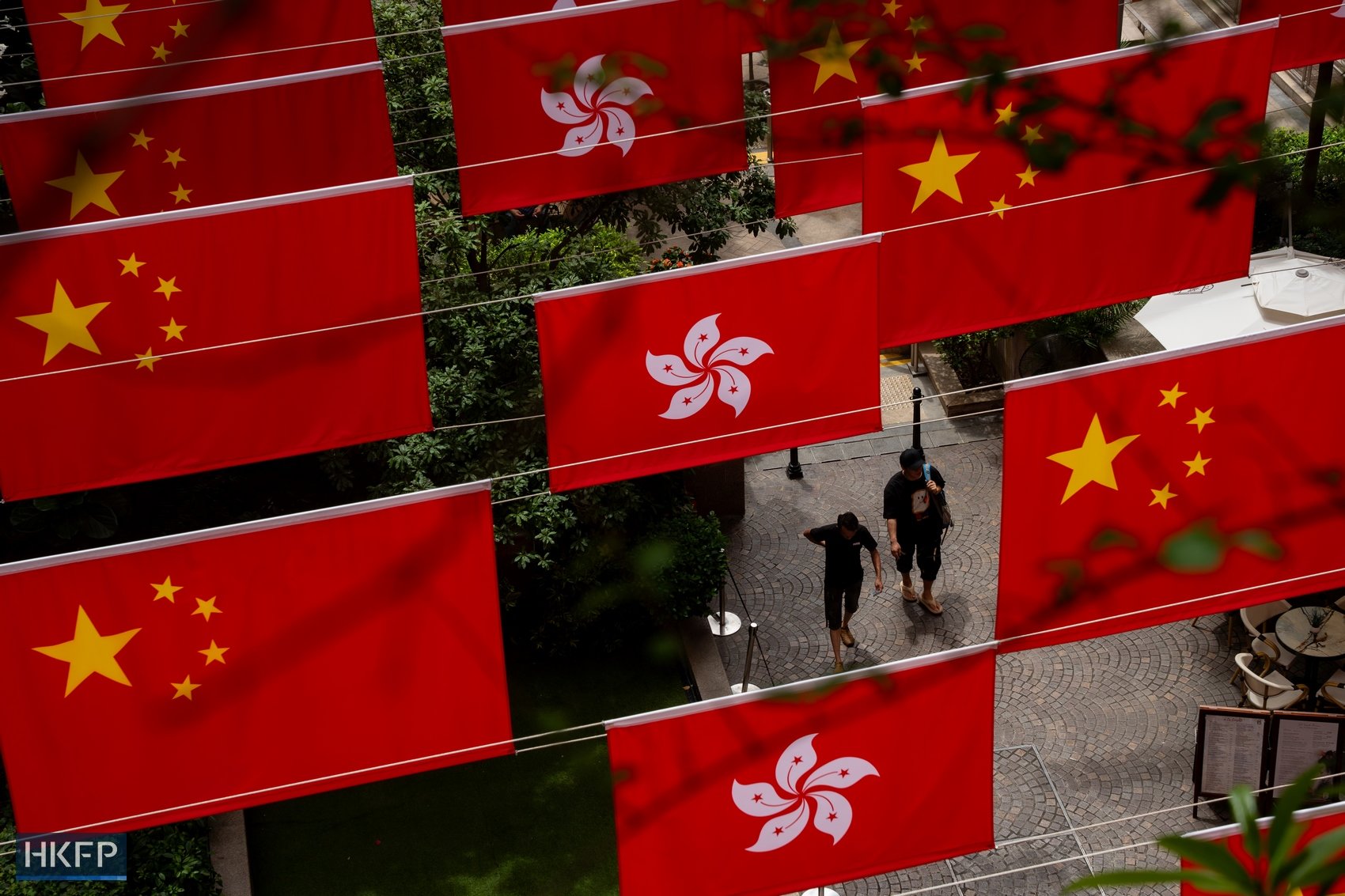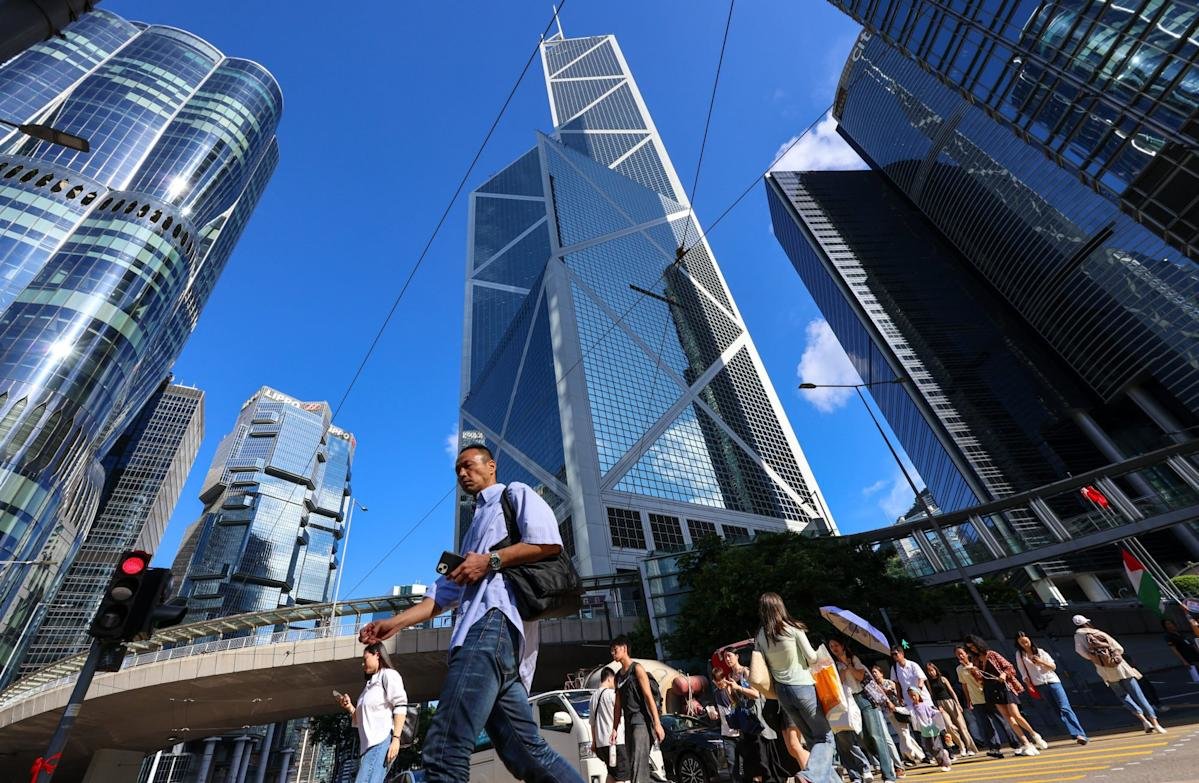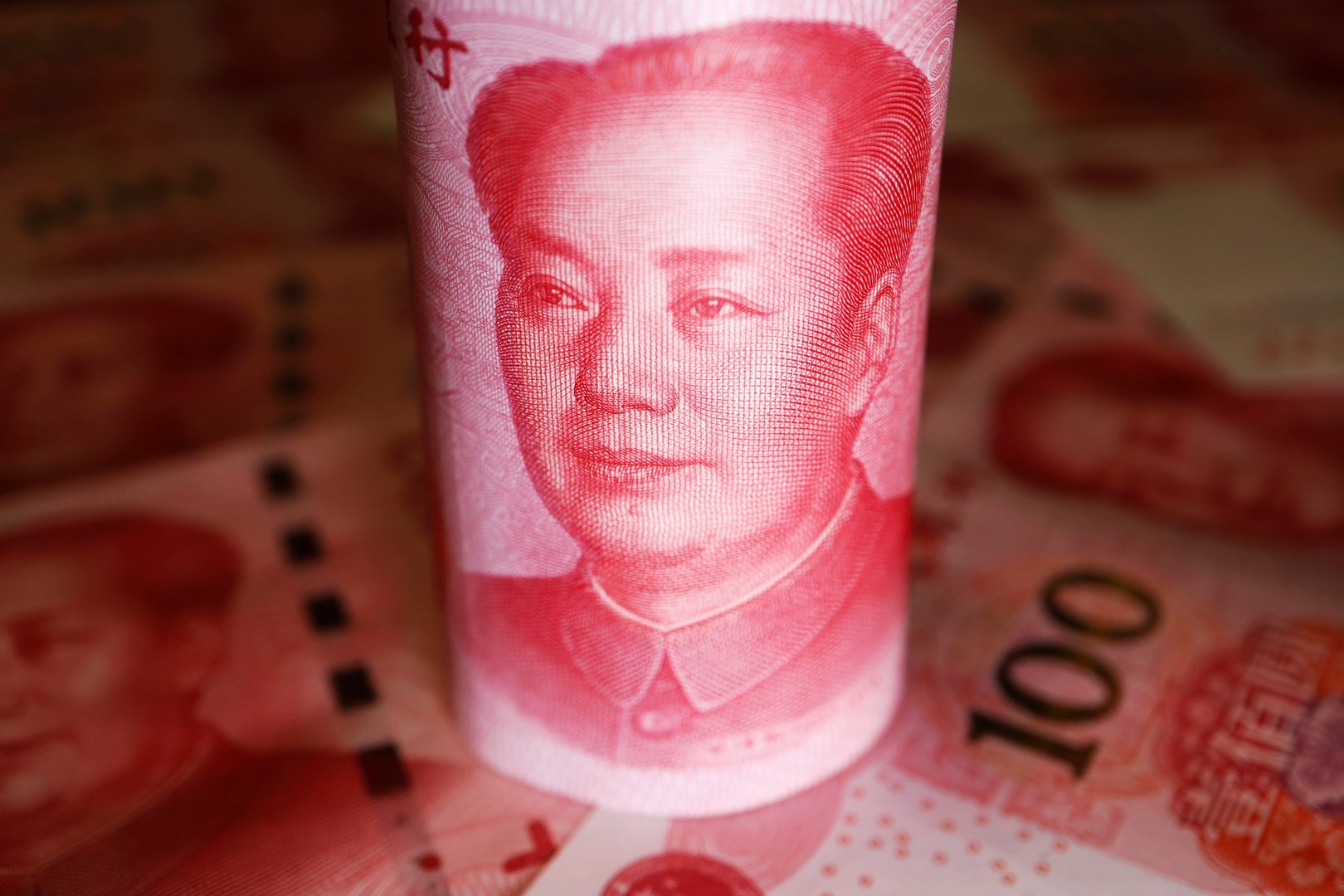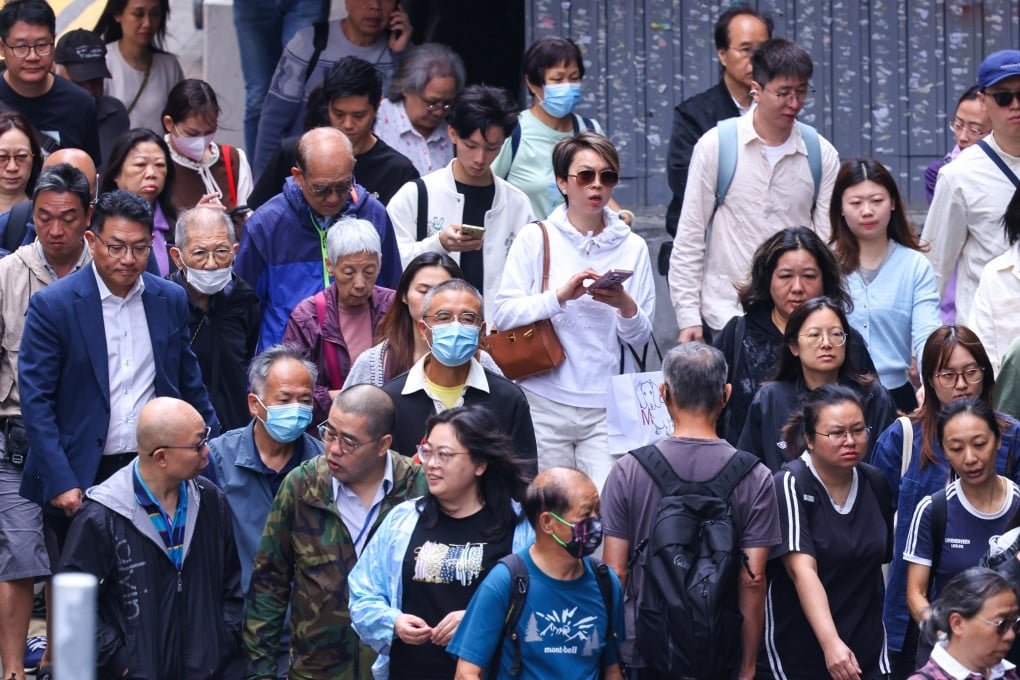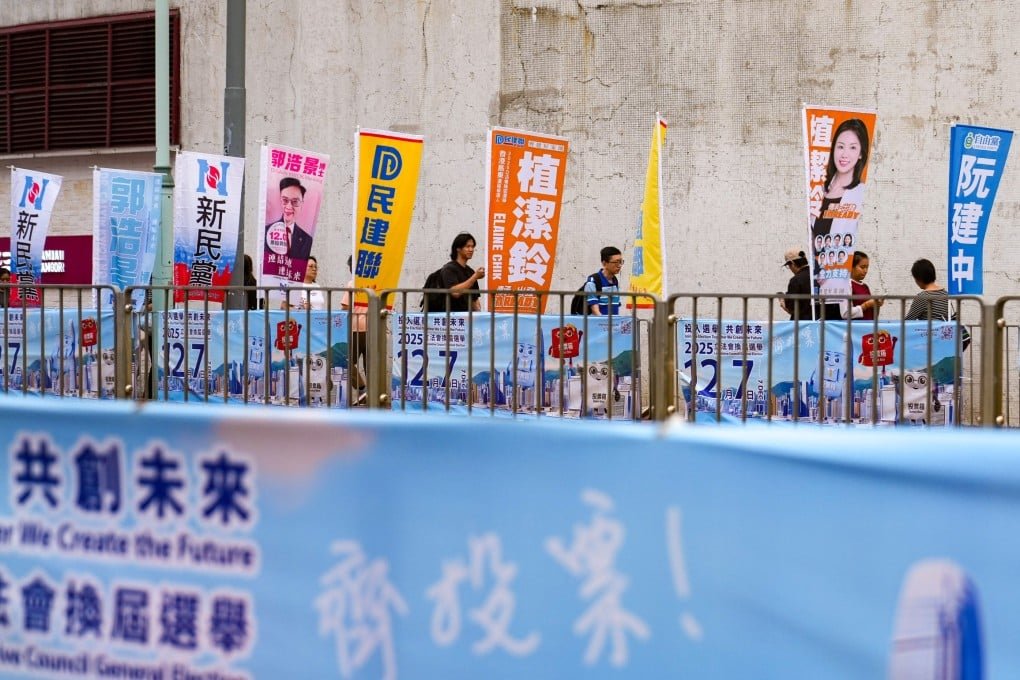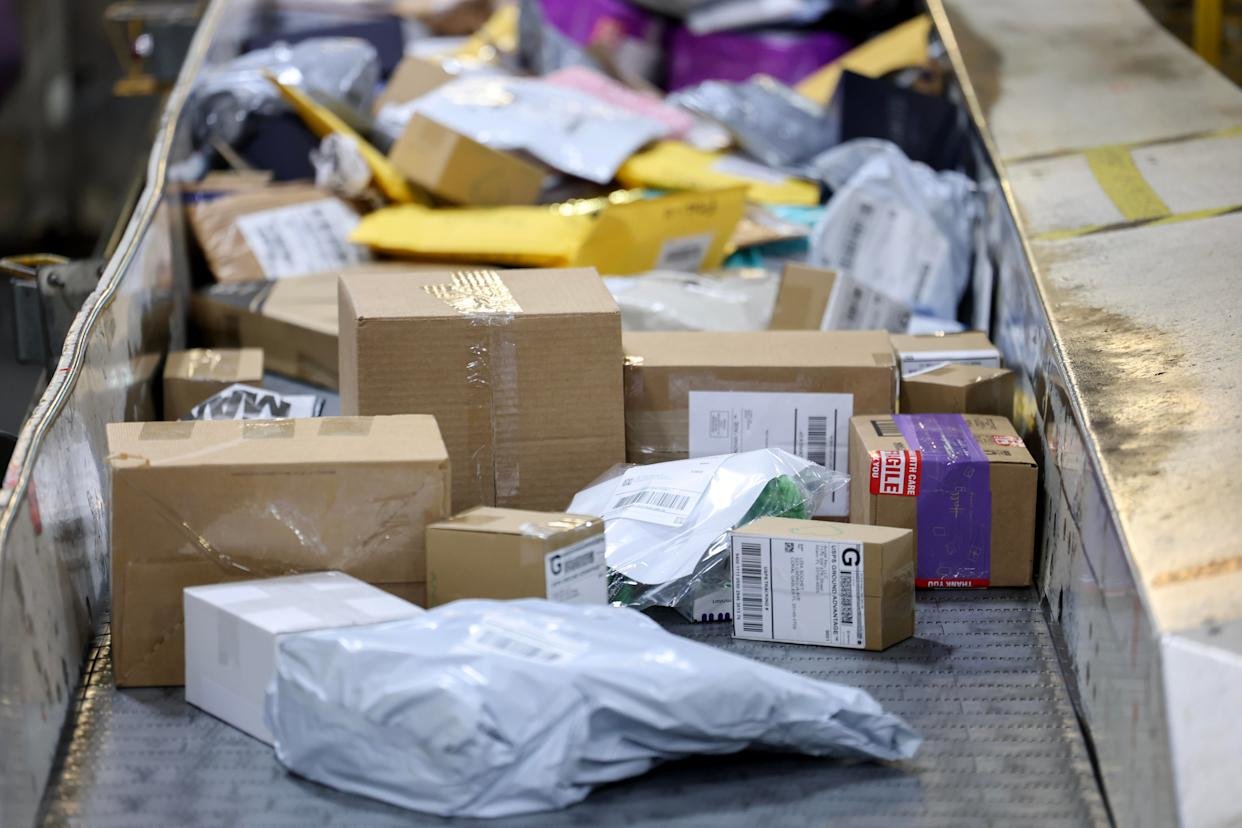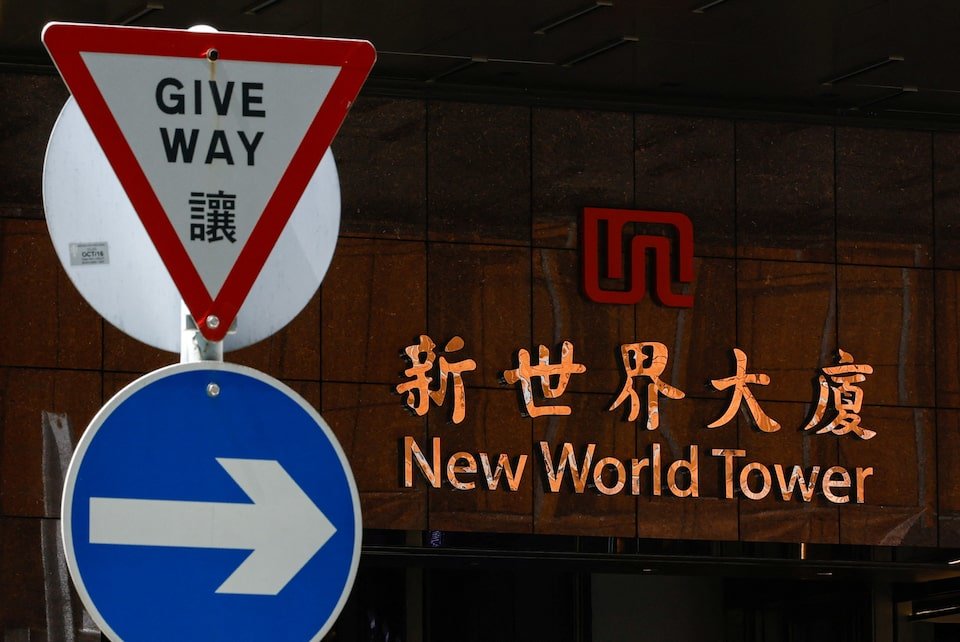With the election of Takaichi as leader of the ruling party earlier this month, Tokyo is preparing sweeping regulatory changes — including reclassifying cryptocurrencies as financial products under the Financial Instruments and Exchange Act and moving toward a flat tax regime of around 20 per cent on crypto gains.
These developments come amid heated competition in Asia for dominance in Web3 and digital-asset finance.
Hong Kong has long been positioning itself as the region’s leading crypto centre, having passed a stable-coin ordinance, green-lit cryptocurrency exchange-traded funds and launched a Web3 subsidy scheme.
Yet industry observers note that Hong Kong’s strict licensing, heavy liquidity-reserve requirements and opaque regulatory timeline create friction for crypto firms seeking clarity and global scale.
In contrast, Japan’s new policy framework — combining tax reform, regulatory clarity and a large retail market — offers an attractive alternative for firms and investors.
For example, the acquisition of a 40 per cent stake in Binance Japan by PayPay Corp underscores how Japan’s digital-asset ecosystem is gaining momentum.
Hong Kong’s standing in the race may also be affected by its evolving political and legal alignment with mainland China, which some investors view as a source of long-term jurisdictional uncertainty.
While the city remains a focal point for Web3 investment, its competitive edge may erode if regulatory burdens deter new entrants.
Analysts say the key question now is whether Hong Kong will adapt its regime to stay ahead or concede ground while Japan consolidates its global digital-asset ambitions.
With Tokyo doubling down on stimulus, innovation and infrastructure under Takaichi’s pro-growth agenda, the balance in Asia’s crypto hub competition appears to be shifting.




